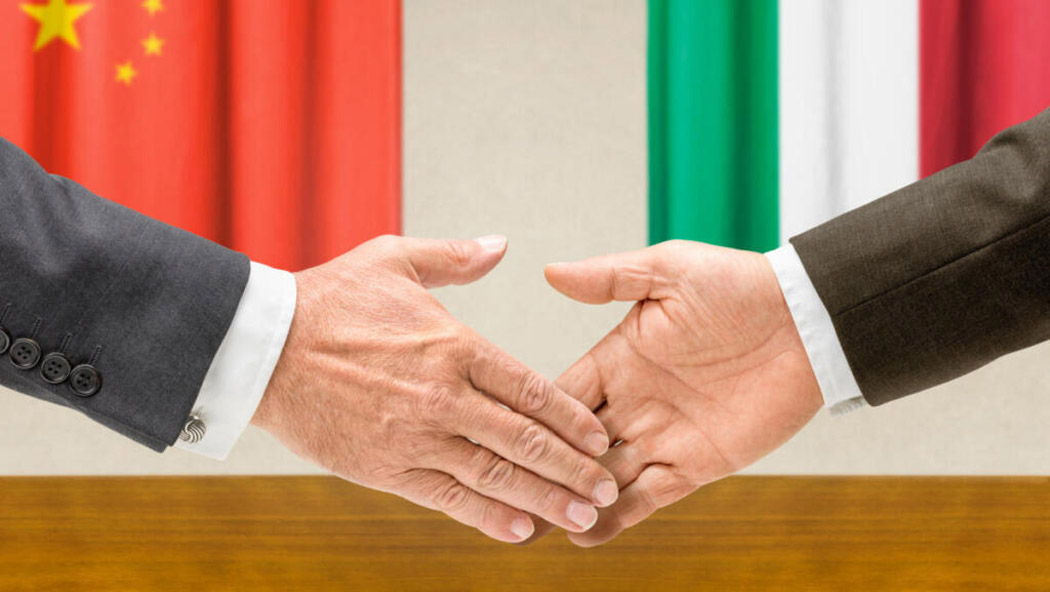We are today in a No Place, in eastern China, that city replicating every other city that has grown from less than 1 million inhabitants 20 years ago to about 10 million residents today.
A city that has buried its rural lifestyle, a city that has demolished its history, a city that has eliminated its rustic brickworks, but a city that has resurrected one aspect of ‘old communist China’, the bicycle.
There are hundreds of them this hot summer Sunday, standing waiting to be owned, just temporarily on Monday to transport the riders hither and thither to their new ‘hi tech’ jobs or to become retail servants in the massive malls that now spreadeagle themselves in sub-cities as yet only partly inhabited.
A city of bikers and gardeners.
Even at this hour, quite early in the morning, there are street sweepers on the highways, maybe having just walked from their homes, sweeping up small traces of paper and cigarettes to demonstrate the near perfect cleanliness of the modern infrastructure of the city.
Everywhere along the main arteries there are gardeners. I met four people, men and women, resurrecting young trees that have been blown from their pristine verticality by the gales and storms of yesterday. It feels as if the city fathers must have a simple rule to combat climate change, plant one new tree for every resident arriving from outlying or far-flung rural China.
Yes, the air pollution in eastern China is discouraging, but the trees are doing their share to soak up the carbon dioxide, while the cities wait for rain to wash away the smog. And then they live for the success of the electric vehicle policy to progressively eliminate the airborne effluents from the massive influx of vehicle traffic.
Back in No Place. I need a drink?
It really was hot and steamy, so I returned to my No Place 5 Star Hotel to shelter in the intense air-conditioning of the marble palace which seemed a sensible though selfish approach to the early afternoon.
Over the past 20 years, China has developed a burgeoning wine industry, particularly red wine, with brands such as the well-known Great Wall, wines that are pleasant to drink and about one third of the price of their French cousins.
Recognising that it was a little early for such an aperitif, I sought out the café for a short black. While being disappointed at the price of RMB 25 for something that was not even a Starbucks standard, I ordered a second and sat dreaming, virtually alone in the cushioned dining room.
An American couple came in and he asked for a glass of red wine, while his wife sought just a water to quench her thirst. I was close enough to the counter to hear most of the conversation. It seemed that it was not possible to purchase just one glass of wine in this 5 Star hotel, and that his demand could only be met by the purchase of a bottle, at a cost somewhere near 200 RMB.
I guess that he inveigled his wife into sharing, completed the purchase (in advance) took over the cork removal duties from the waitress, and then requested she bring two wine glasses. Unfortunately, apparently the cafe had no wine glasses and could offer solely paper cups, which were rejected.
The American strode off to the self-service section of the café and somehow, found two large glass jars, maybe pint glasses, and with a wry look on his face and a mumble to his wife, settled into a bench seat and emptied the bottle of wine about equally into the two glasses.
It seems that the hotel infrastructure had been completed to a 5 Star level, but the tourist culture remains to be brought up to western expectations, that is unless a half bottle of red is your lunchtime fair.
A lot of gardeners, a lot of bikers and soon … a lot of sommeliers!








Follow us